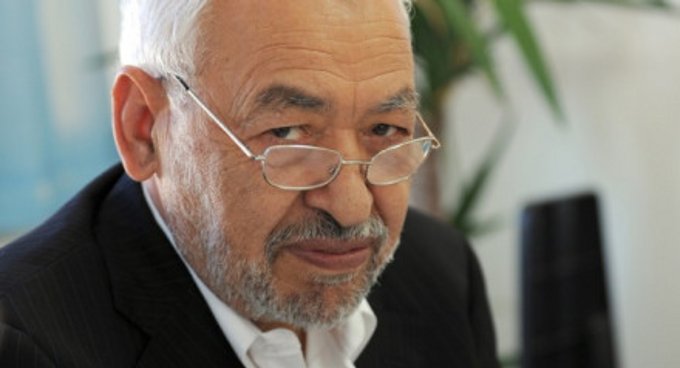 Tunisians this weekend marched through the streets of capital city Tunis to protest against a bill that would grant amnesty to businessmen, accused of corruption under the former administration.
Tunisians this weekend marched through the streets of capital city Tunis to protest against a bill that would grant amnesty to businessmen, accused of corruption under the former administration.
Under the draft bill, corrupted businessmen would be spared any prosecution if they reveal the stolen funds and pay them back.
Protesters claim the bill contradicts the spirit of Tunisia’s 2011 revolution that overthrew Ben Ali.
Corruption was widespread under Ben Ali, whose close circle – especially his wife’s family – had an iron grip on the economy. It is estimated that the North African nation loses more than $1 billion per year due to corruption, bribery, kickbacks, trade mispricing and criminal activities.
Experts say petty graft has hampered Tunisia’s economy since anti-corruption protests six years ago sparked the fall of long-time ruler Zine El Abidine Ben Ali.
The country ranked 75th out of more than 170 countries in the 2016 corruption perceptions index published by Transparency International.
Since the 2011 revolution, Tunisia has been facing an acute financial crisis. Post-revolution Tunisia’s transition to democracy has been seen as relatively smooth and peaceful, by the standards of the region. However, the country’s economic growth remains too poor to overcome challenges of high unemployment rates, poverty and social inequality.



